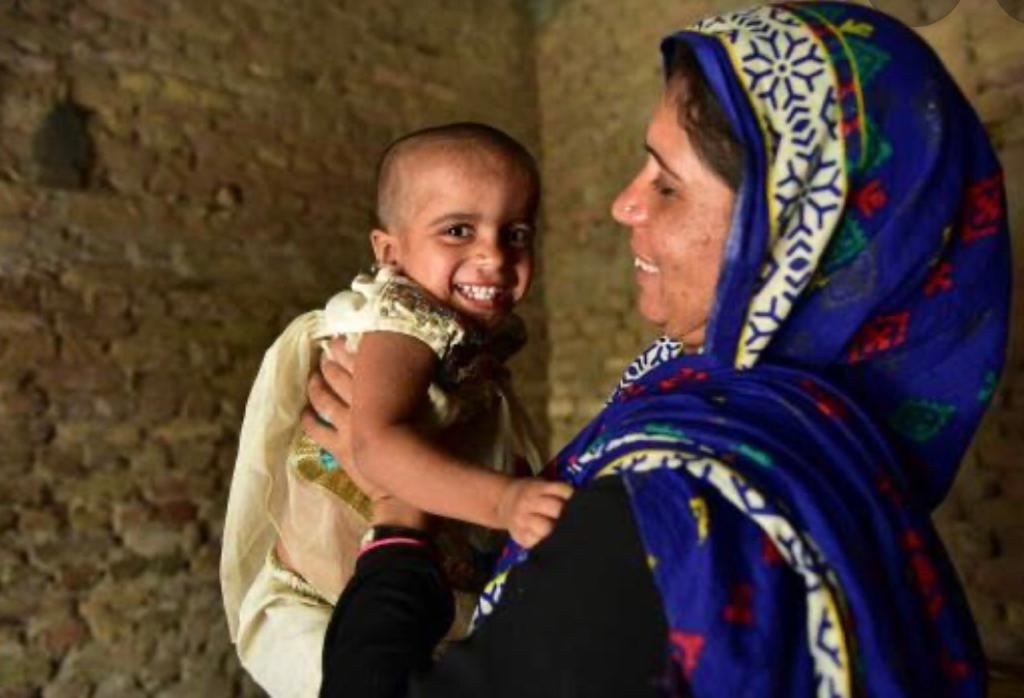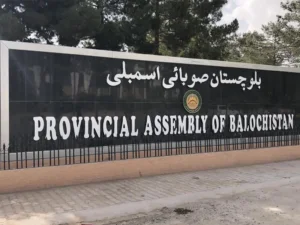Syed Ali Shah:
QUETTA: Balochistan, Pakistan’s largest province, grapples with the highest maternal mortality rate (MMR) and child mortality rate (CMR) compared to other provinces in the country. Despite recent efforts to improve healthcare services, insufficient access to adequate nutrition and medical care, exacerbated by governance issues and social taboos, continue to pose significant challenges.
Current Situation:
According to the Pakistan Demographic Health Survey of 2017-18, Balochistan witnesses over 785 maternal deaths per 100,000 live births, reflecting a stark reality of maternal healthcare in the region. While there has been a slight decrease in the MMR to 186 deaths per 100,000 live births as per the Pakistan Maternal Mortality Survey (PMMS) 2020, critical issues persist.
Challenges:
In rural Balochistan, pregnant women face formidable barriers in accessing medical care due to governance failures and entrenched social and tribal customs. The dearth of qualified gynecologists further exacerbates the situation, forcing many women to seek care in overcrowded private clinics, often located far from their homes.
Additionally, inadequate nutrition contributes significantly to maternal and child health challenges in the region. Many women suffer from anemia, hypertension, and other complications during pregnancy, further increasing the risk of maternal mortality.
Efforts and Recommendations:
Addressing maternal and child mortality in Balochistan requires a multifaceted approach. Dr. Zahida Kakar, a prominent gynecologist, emphasizes the urgent need for improved health facilities in rural areas. She underscores the importance of tackling anemia and other nutritional deficiencies among pregnant women to reduce maternal mortality rates effectively.
Furthermore, Dr. Noor Baloch, the Chief of Balochistan’s Nutrition Directorate, advocates for prioritizing family planning as a crucial strategy for mitigating maternal and child mortality. He stresses the importance of launching comprehensive awareness campaigns and enhancing healthcare infrastructure to address these pressing issues effectively.
Despite budgetary allocations exceeding Rs. 70 billion for the health sector in Balochistan for the fiscal year 2023-24, government-run hospitals continue to struggle to provide adequate care. Habib Tahir Advocate, Chief of the Human Rights Commission of Pakistan Balochistan Chapter, urges concerted efforts from political parties and civil society to hold the government accountable for improving healthcare services across the province.
Conclusion:
The high maternal and child mortality rates in Balochistan demand urgent attention and concerted action from all stakeholders. From addressing governance failures and social taboos to enhancing healthcare infrastructure and promoting nutritional interventions, comprehensive strategies are needed to safeguard the lives of vulnerable women and children in the region. Only through collaborative efforts can Balochistan overcome these daunting challenges and ensure the well-being of its mothers and infants.






